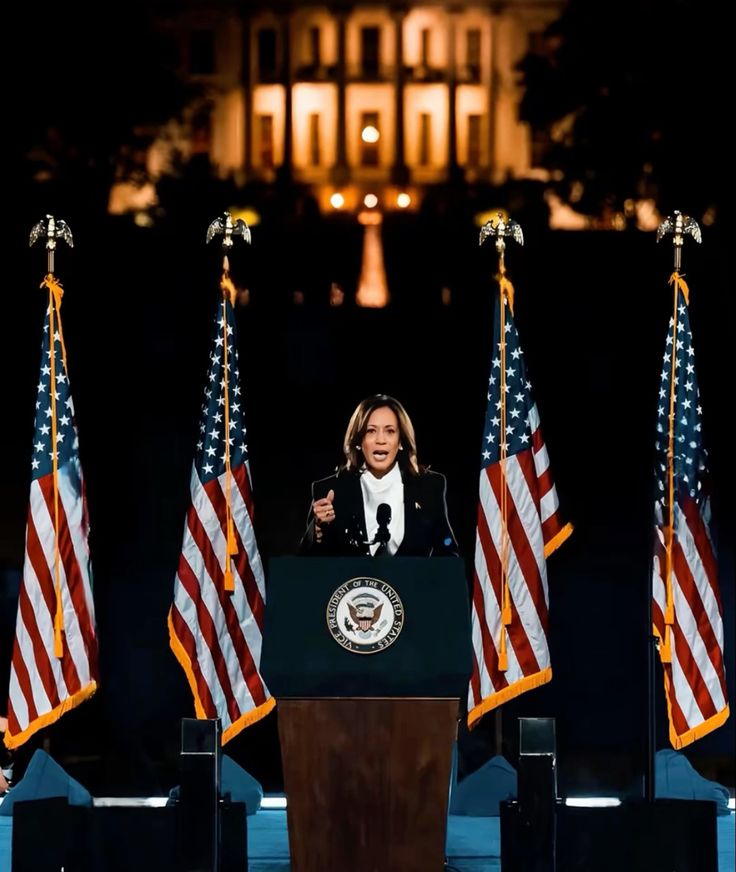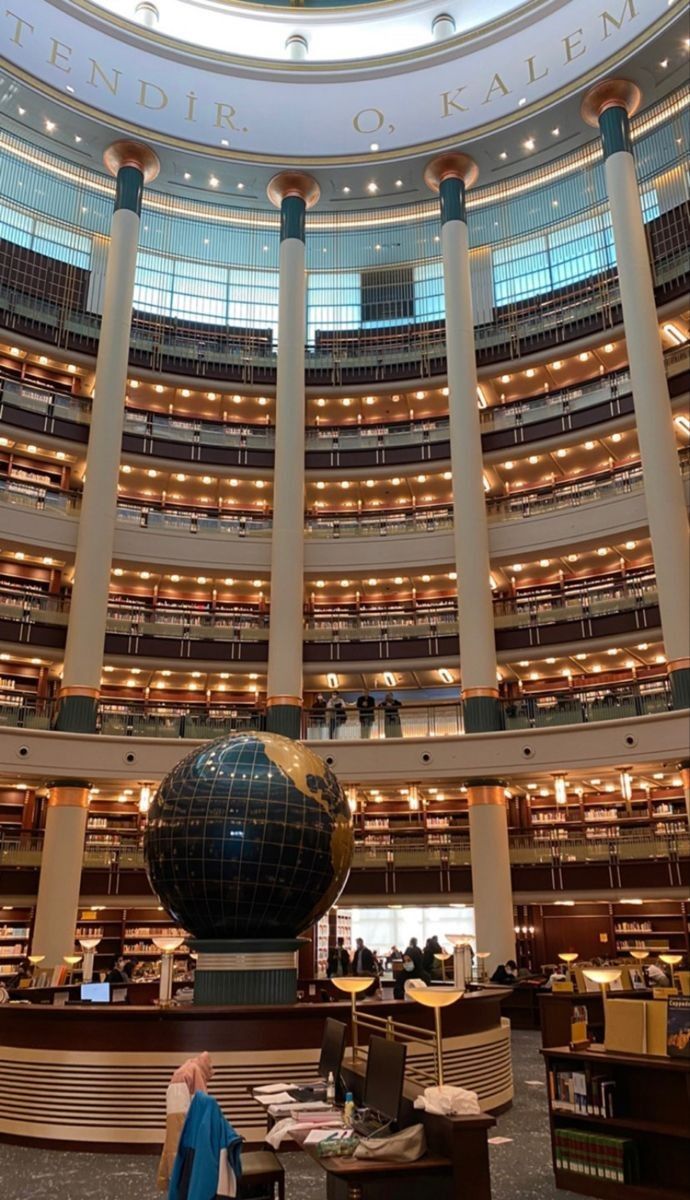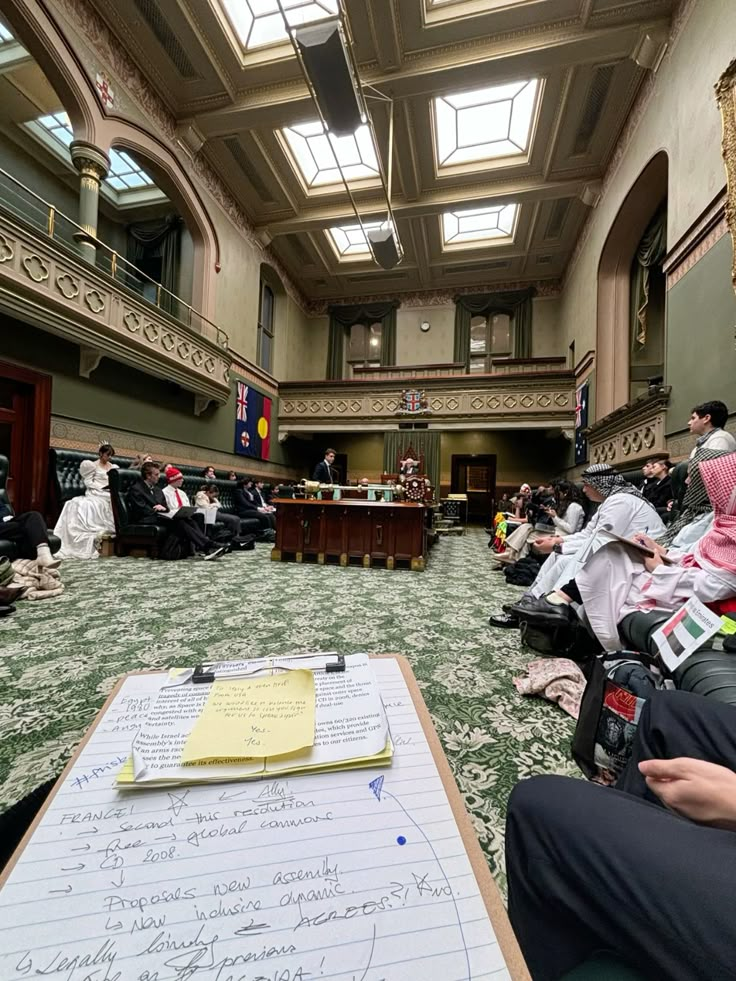Grossman and Helpman on the Politics of Free Trade Agreements

- Repoter 11
- 04 Jan, 2025
Gene Grossman and Elhanan Helpman revolutionized the understanding of trade policy by emphasizing its political roots. In their influential work, they argue that Free Trade Agreements (FTAs) are not purely economic tools aimed at maximizing welfare, but political arrangements shaped by the pressures of domestic interest groups. Policymakers, they suggest, respond to lobbying by industries and groups that provide political support, making trade policy a reflection of internal political bargaining. In their "Protection for Sale" model, Grossman and Helpman explain how sectors with strong political lobbying can secure protection, while weaker sectors face trade liberalization. FTAs, therefore, selectively open markets where resistance is low and protect industries with political clout. As a result, FTAs are not full expressions of free trade, but compromises between different domestic forces. Furthermore, Grossman and Helpman highlight the strategic role of FTAs. Nations may use FTAs to strengthen political alliances, gain advantages over competitors, or position themselves better in multilateral trade negotiations. Thus, FTAs are part of broader strategies of economic diplomacy and national competition. In conclusion, Grossman and Helpman's analysis reveals that FTAs often serve political purposes as much as, or more than, economic ones. Their work provides a crucial lens for understanding why many trade agreements are imperfect, politically motivated, and sometimes even distort global trade flows rather than liberalizing them.
Leave a Reply
Your email address will not be published. Required fields are marked *




